So you’d like to be an herbalist? This road map of herbal livelihoods will help you discover your next step.
When a person first encounters herbal remedies and finds out they actually work, a new path opens before them. It’s like wandering through a forest and coming upon a trail. You can trust in the trail knowing that it leads somewhere. Often on this herbal journey we start not knowing where we’ll end up. That is until the epiphany happens and we hear “the calling”. Maybe you’ve been dabbling in herbs for a little while now, but you aren’t sure where the path could lead you. In this post I want to show you the breadth of herbal livelihoods that are before you. And, just for fun, you can find out what herb personality you are too.
The study of herbs is called herbology. Those who study herbs and work with herbs are called herbalists. But herbalist is a very broad category that encompasses family herbalists, community herbalists, clinical herbalists, pharmacists, and physicians. But let’s dive deeper into herbal livelihoods and create a map for you.
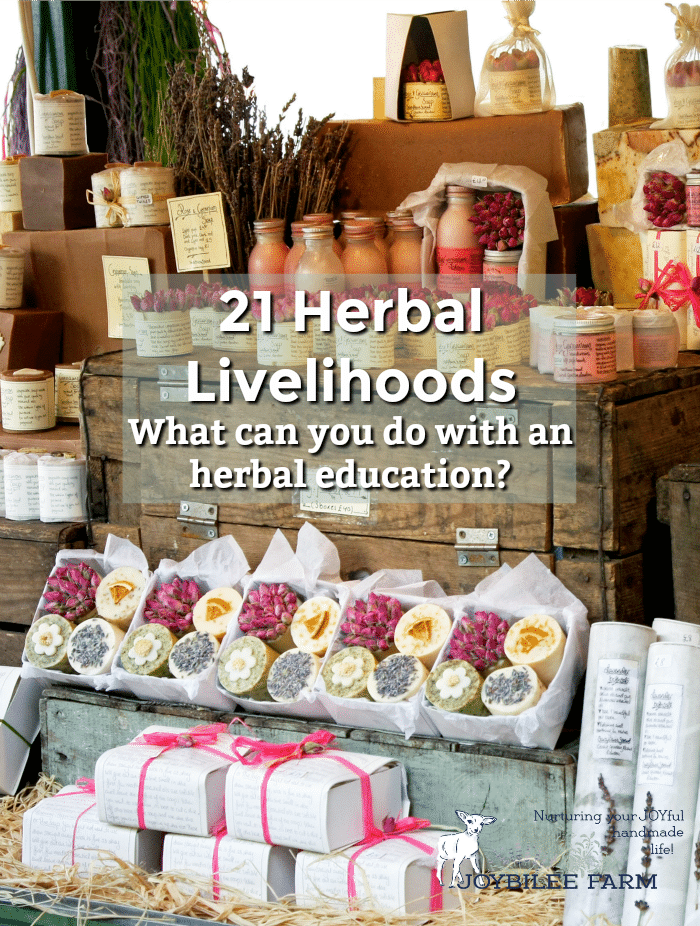
Herbal Livelihoods
Family herbalist
A family herbalist has confidence to use herbs in the kitchen and to make apothecary items for their own family and their neighbors. They usually work for free. They might also research herbs and herbal medicine making and write short articles about their findings for blogs or online magazines.
Community herbalist
A community herbalist has confidence to use more herbs than a family herbalist. The community herbalist relies on herbal medicine to heal community health issues. They might work in an herbal clinic or set up a mobile clinic to meet the needs of the homeless. Community herbalists might be apprenticed to a clinical herbalist or work side by side with allopathic doctors to bring affordable medicine to the community.
Herb farmer
An herb farmer grows herbs and preserves them for sale. An herb farmer might also create value added products from the herbs that they grow.
Naturalist
A naturalist who is trained in herbs educates the public on wild plants in specific ecosystems often including their use as medicine.
Ethnobotanist
An ethnobotanist is a researcher who specializes in the way plants have been used in history.
Herb researcher
An herb researcher researches and writes articles about herbs. They have skills in research, article writing, or script writing to create a message about herbs. They may also create documentaries, summits, and other herb related events.

Herb scientist and researcher
Herb scientists and researchers work in professional laboratories and create double bind studies to test hypothesis about herbs and/or constituents within herbs. These scientists often hold masters degree and PhDs in specific areas.
Herb writer
An herb writer writes articles, research papers, documentary scripts about herbs and herbal remedies.
Herbal author
An herbal author writes book about herbs, herb gardening, or herbal medicine making. They may come from other herbal livelihoods and desire to communicate their knowledge with a wider audience.
Garden writer
A garden writer may have a specific interest in herb gardening and write articles about herbs as it relates to gardening.
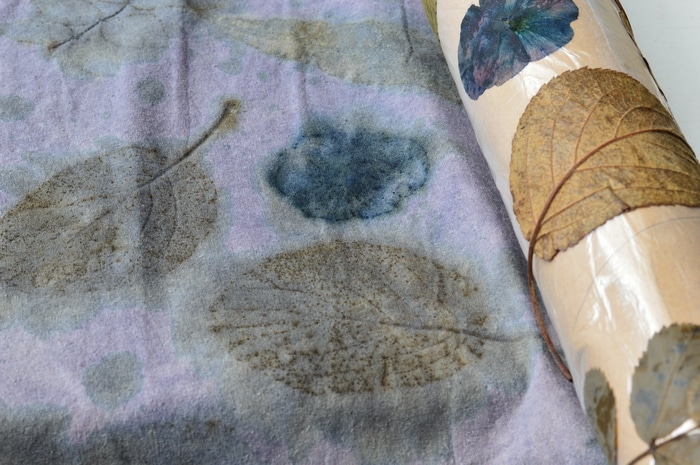
Natural dyer
A natural dyer uses herbs to dye cloth either as eco-print dyeing or in immersion natural dyeing. The natural dyer may produce dye pigments out of plants to sell to other dyers. A natural dyer may use specialized techniques to print cloth using natural dyes.
Plant ink maker
A plant ink maker uses herbs and other natural dye plants to produce inks that can be use with pens and paintbrushes. They may be an artist working solely with natural pigments or the manufacturer of plant based inks.
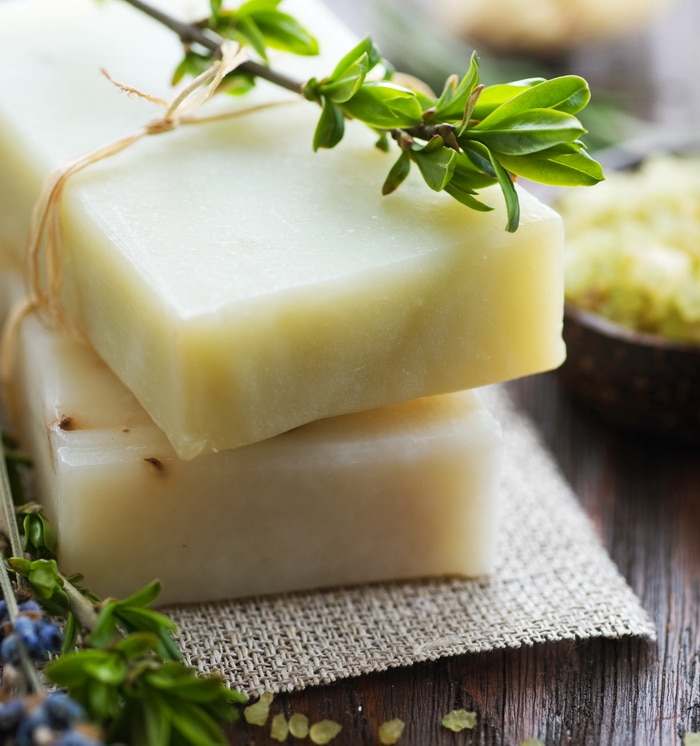
Soap maker/ cosmetic maker
The herbalist who makes soap, balms, lotions, and other natural cosmetic products. The soap/cosmetic maker may grow the herbs that they use in their products or source the herbs from a bulk herb supplier.
Herb supplier
A company or individual who sources herbs from around the world and imports them to sell them. They may be either wholesale or retail.
Essential oil supplier
The essential oil supplier works with essential oils. They may create their own essential oils from the plants they grow, offering a value added farm product. They might also source essential oils from around the world and sell them under their own label.
Herbal medicine maker
The herbal medicine maker manufactures herbal products to market to the general public. They may focus on culinary herbs and spices, or medicinal herbs and spices. Most herbal medicine makers focus on one or two kinds of products. They may be herbal tea makers, or they may focus on one segment of the population such as pregnancy and post partum, women’s health, or men’s health.
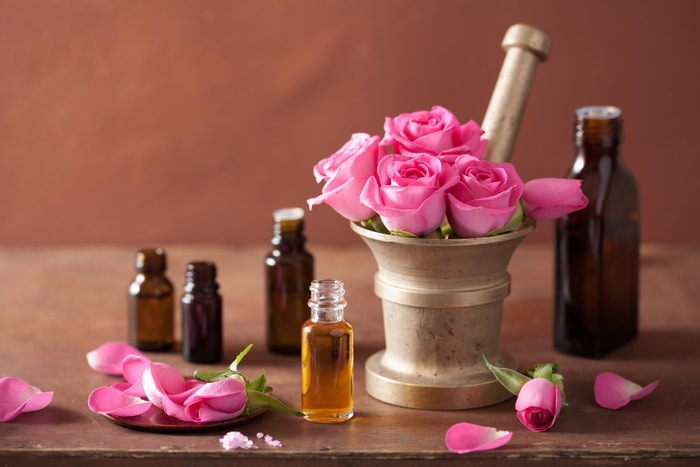
Aromatherapist
An aromatherapist works with clients to support health or emotional issues using plant aromatics. The aromatherapist can create synergy blends for essential oil suppliers or for individuals, based on unique criterion.
Clinical herbalist
A clinical herbalist advises clients on the use of herbs to support the body’s own healing mechanisms. They do not diagnose or treat disease. This privilege is reserved for allopaths.
Midwife
A midwife might be an herbalist who uses herbal remedies to support and encourage women in labor and immediately post partum. Not all midwives are trained in herbs.
Doula
A doula may use herbs to help relieve pain and heal during and immediately after childbirth.
Doctor of Traditional Chinese Medicine
In Canada, the doctor of traditional Chinese medicine is recognized along with allopathic doctors with the privilege of diagnosing and treating patients with herbs. The doctor of TCM requires specialized training in TCM, and an apprenticeship or internship.
What’s standing in the way of your dreams?
Often the only thing standing in the way of you realizing your plans of an herbal livelihood is your education. And while there are several ways to get an herbal education including going to university, a university degree is only essential for a few of these occupations like Doctor of Chinese Medicine, Ethnobotanist, naturalist, and Midwife. For most of these herbal livelihoods self study and online study is appropriate and encouraged.
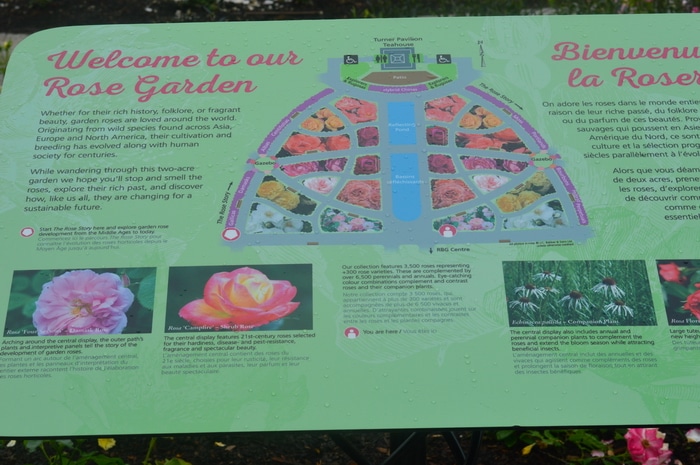
The map to herbal livelihoods
The option for busy women who don’t have time for formal classes
Members of my private group, The DIY Herbal Fellowship receive monthly master’s classes to further their herbal education. Customized for busy women these masterclasses are designed to be consumed in just 15 minutes a day over a period of 5 to 8 days. Completion certificates acknowledge the time commitment required to complete the class. These can be used to demonstrate self study and continuing education.
Find out more about the DIY Herbal Fellowship here.
If you have three or four hours a week to devote to your herbal education one of these paths might work for you:
The Herbal Academy has a few different paths that lead to herbal livelihoods:
Beginner Herbalist Course — The Intermediate Herbalist Course — The Entrepreneur Herbalist Course
OR
Beginner Herbalist Course — The Intermediate Herbalist Course — The Advanced Herbalist Course — The Clinical Herbalist Course
OR
Self study — The Intermediate Herbalist Course — The Advanced Herbalist Course — Research
See my review of the Intermediate Herbalist Course here.
If you have room to grow your own herbs this path might work for you:
The Herbal Immersion Course from The Chestnut School of Herbal Medicine, which will prepare you for many herbal livelihoods. This is similiar to the Herbal Academy‘s Intermediate Herbalist course with a strong “grower’s” component.



I already subscribe to your newsletters